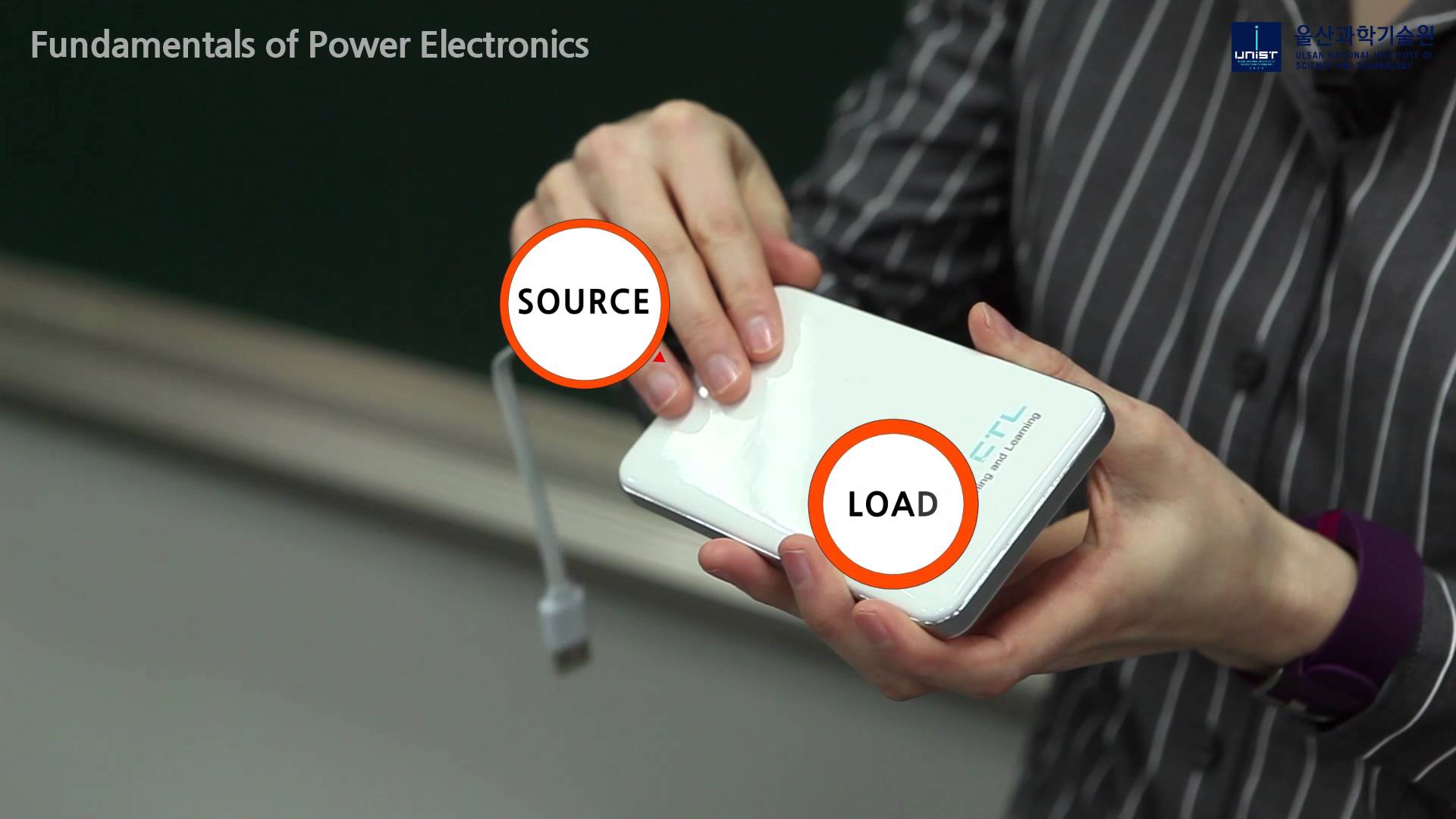Nexperia launches new hotswap ASFETs

Optimised RDS(on) and SOA manage in-rush currents in 12 V hotswap and soft start applications
Nexperia has extended its range of Application Specific MOSFETs (ASFETs) for Hotswap and Soft Start with the introduction of ten new 25 V and 30 V fully optimised devices.
According to the company, these combine enhanced safe operating area (SOA) performance with low RDS(on), making them suitable for use in 12 V hotswap applications including data centre servers and communications equipment.
The PSMNR67-30YLE ASFET delivers 2.2x stronger SOA (12 V @100 mS) than previous technologies while having an RDS(on) (max) as low as 0.7 mΩ. The Spirito effect (represented by the steeper downward slope found on SOA curves at higher voltages) has been eliminated, while exceptional performance is maintained across the full voltage and temperature range (compared to unoptimised devices).
Nexperia further supports designers by removing the need to thermally de-rate designs, by fully characterising these new devices at 125 °C and providing hot SOA datasheet curves.
With eight new devices (three 25 V and five 30 V) available in a choice of LFPAK56 & LFPAK56E packages with RDS(on) ranging from 0.7 mΩ to 2 mΩ, the majority of hotswap and soft start applications are addressed. Two additional 25 V products (which will have an even lower RDS(on) of 0.5 mΩ) are planned for release over the coming months.



































